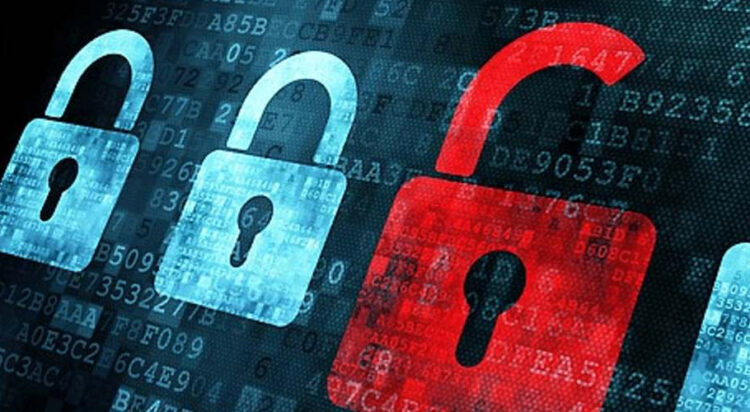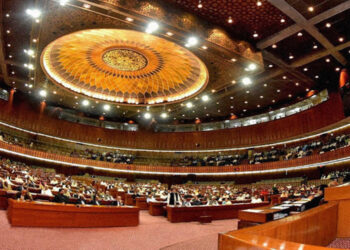Thousands of users experienced internet and social media disruptions last week. It has emerged that the Pakistani government was reportedly conducting a trial of its new social media firewall.
In April, it was reported that the federal government had installed a national firewall to filter and block “propaganda and unwanted content” online, enhance its capacity to protect digital data from hackers, and ensure cybersecurity.
Last week, social media users in Pakistan faced difficulties accessing Facebook and Instagram as the services remained disrupted without any official announcement. Facebook and Instagram, the most used social sites, experienced unannounced disruptions in the country. Internet users linked the outage to a ban on Twitter. The disruptions were noted specifically on certain Internet Service Providers.
According to Aaj News, citing sources within the Ministry of Interior, the firewall trial successfully blocked the downloading of images, voice recordings, and videos on social media platforms, including WhatsApp. The report stated that the firewall slowed down mobile signals and internet service during the trial, which was conducted on mobile data.
Following instructions from the Ministry of Interior, the Pakistan Telecommunication Authority (PTA) sent an email to all mobile companies regarding the firewall’s implementation. WhatsApp and Facebook have reportedly returned to normal functionality.
What is a national firewall?
A firewall is a network security device that monitors and filters incoming and outgoing network traffic based on predetermined security parameters. It acts as a barrier between a private internal network and the public Internet, allowing non-threatening traffic in and keeping dangerous and undesirable traffic out.
The new Pakistan’s censorship tool, the National Firewall, aims to limit the reach of undesirable material and block its sources. The keyword filtering system will detect content deemed a threat to national security and hide it from users. This filter targets social media platforms like Facebook, YouTube, and X, with preparations also underway to prevent the “misuse” (according to the government’s definition) of VPNs.
Pakistan’s internet regulatory body, the Pakistan Telecommunication Authority (PTA), already possesses the technological ability to block unwanted content and prevent local users from accessing specific websites. However, the installation of the national firewall is expected to enhance its capability to filter and monitor internet content on a wider scale.
Pakistan has frequently blocked the internet and social media applications in the name of national security in recent years, prompting digital rights activists to express concerns over the firewall and its potential use to filter social media content and stifle dissenting voices.



































